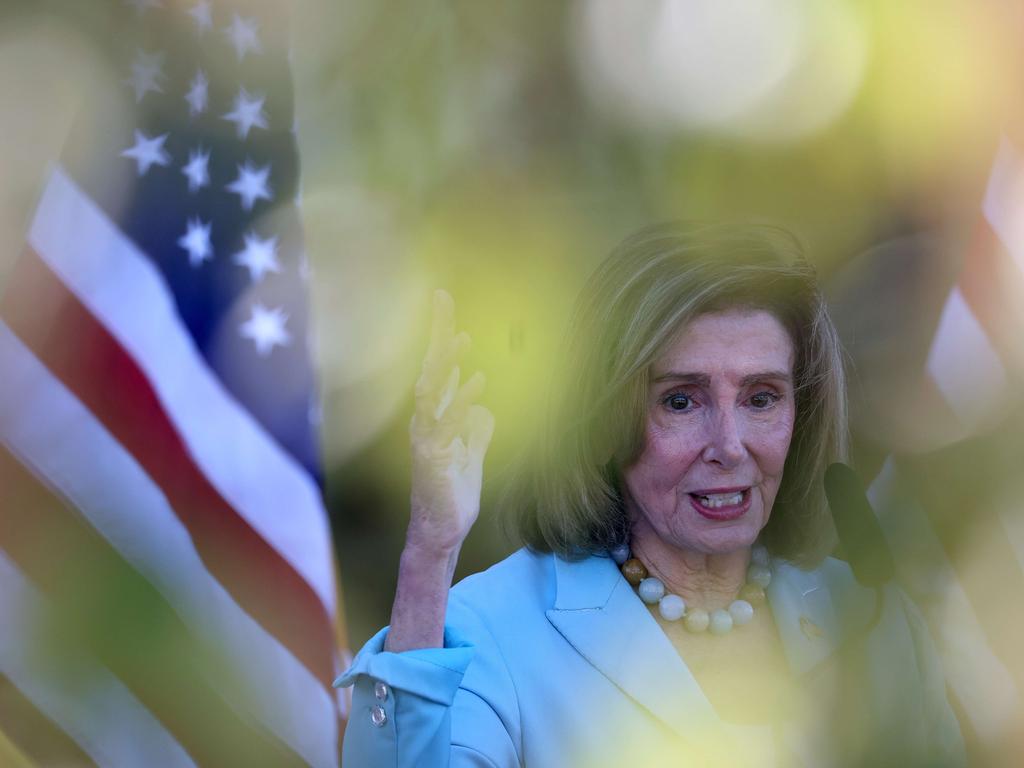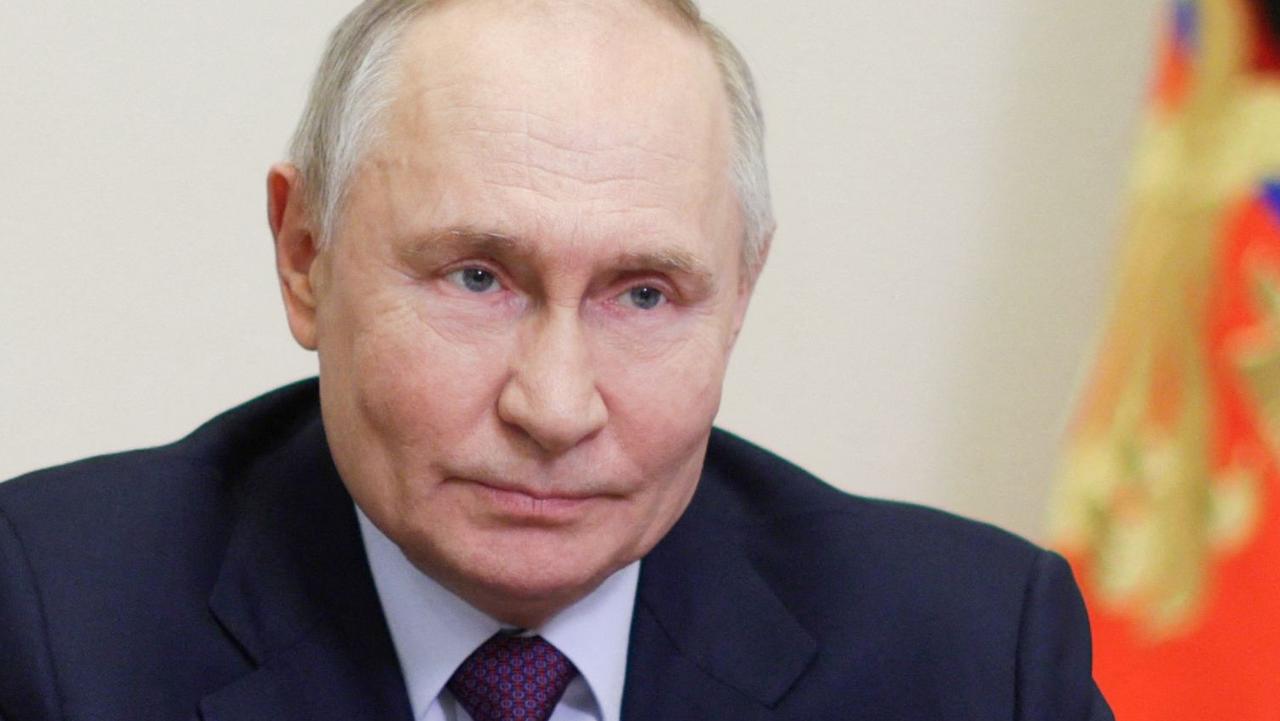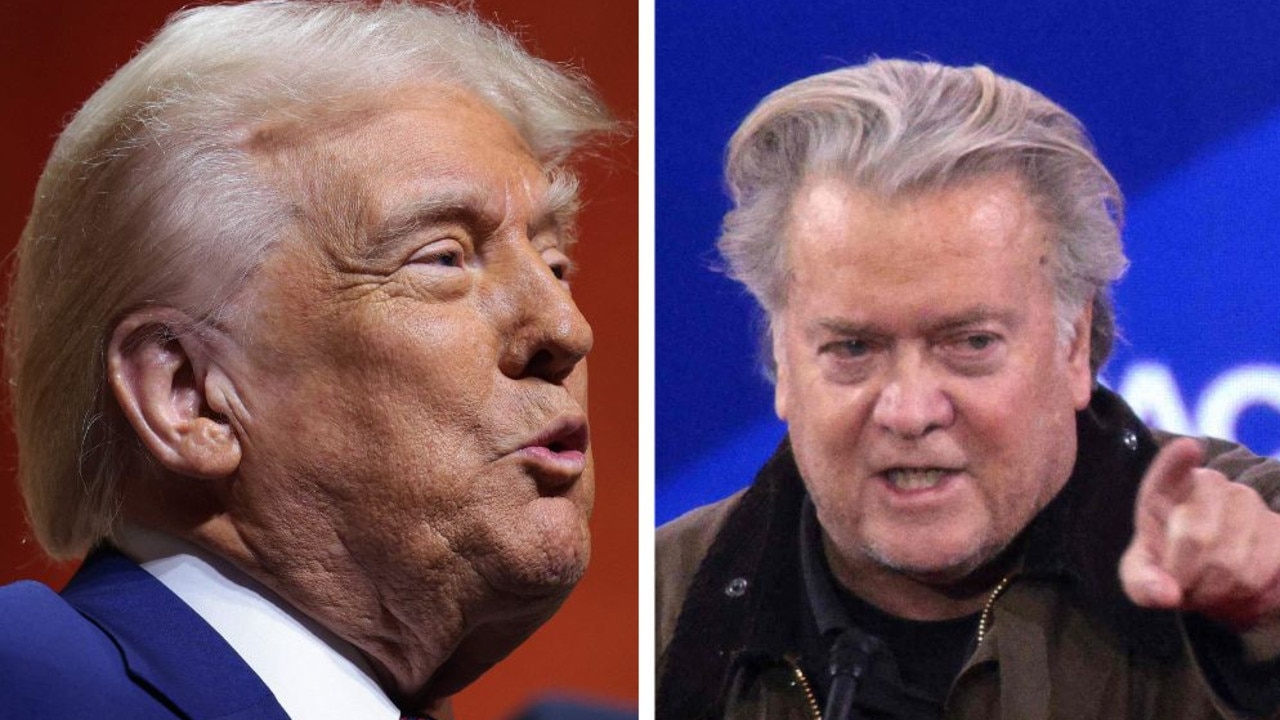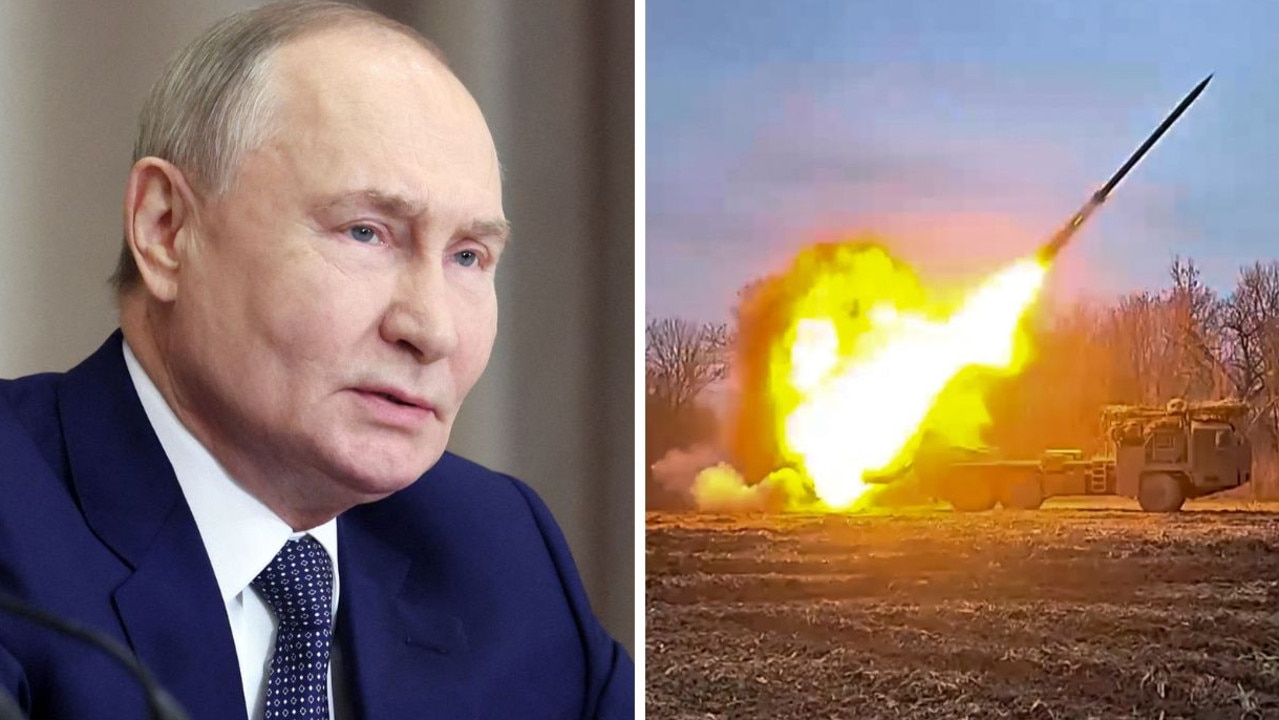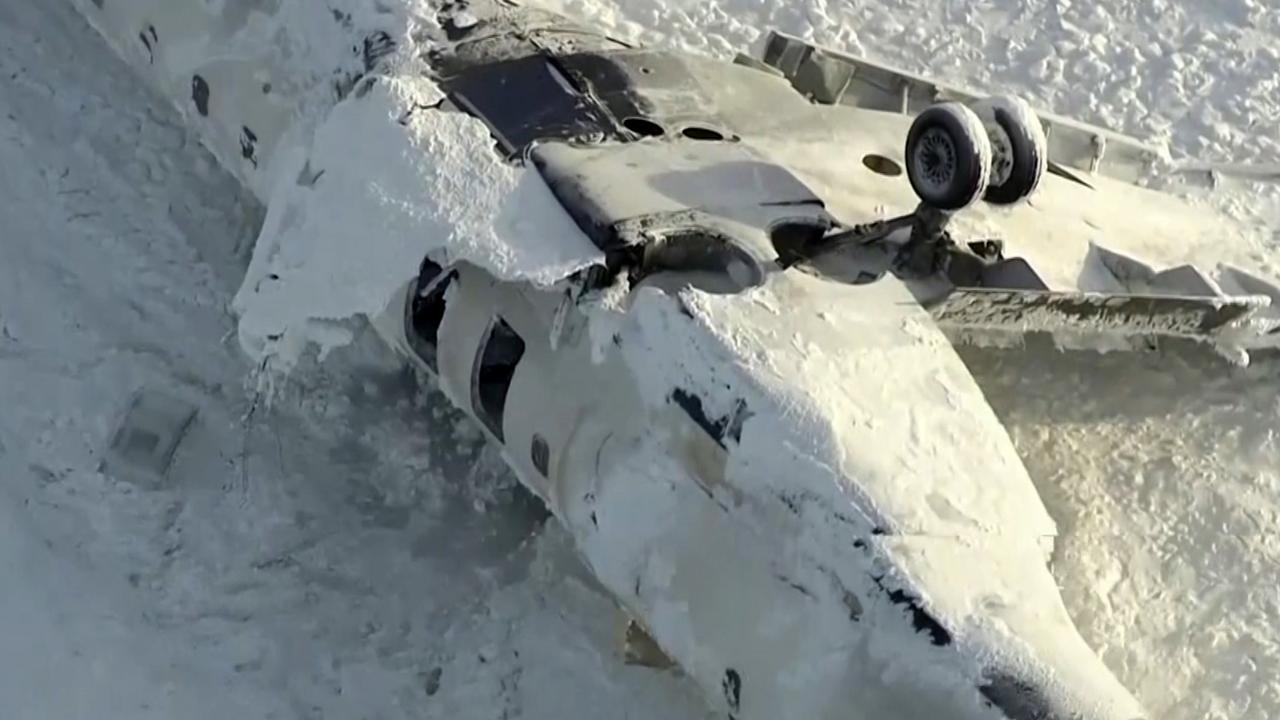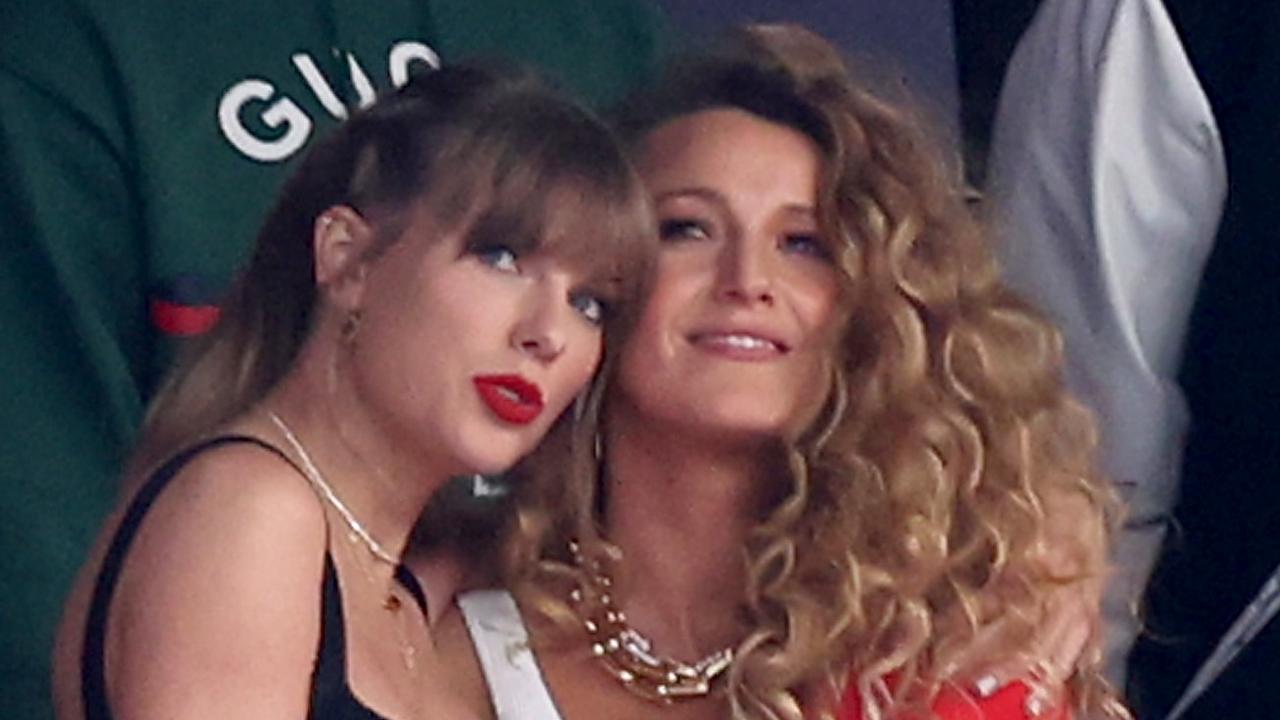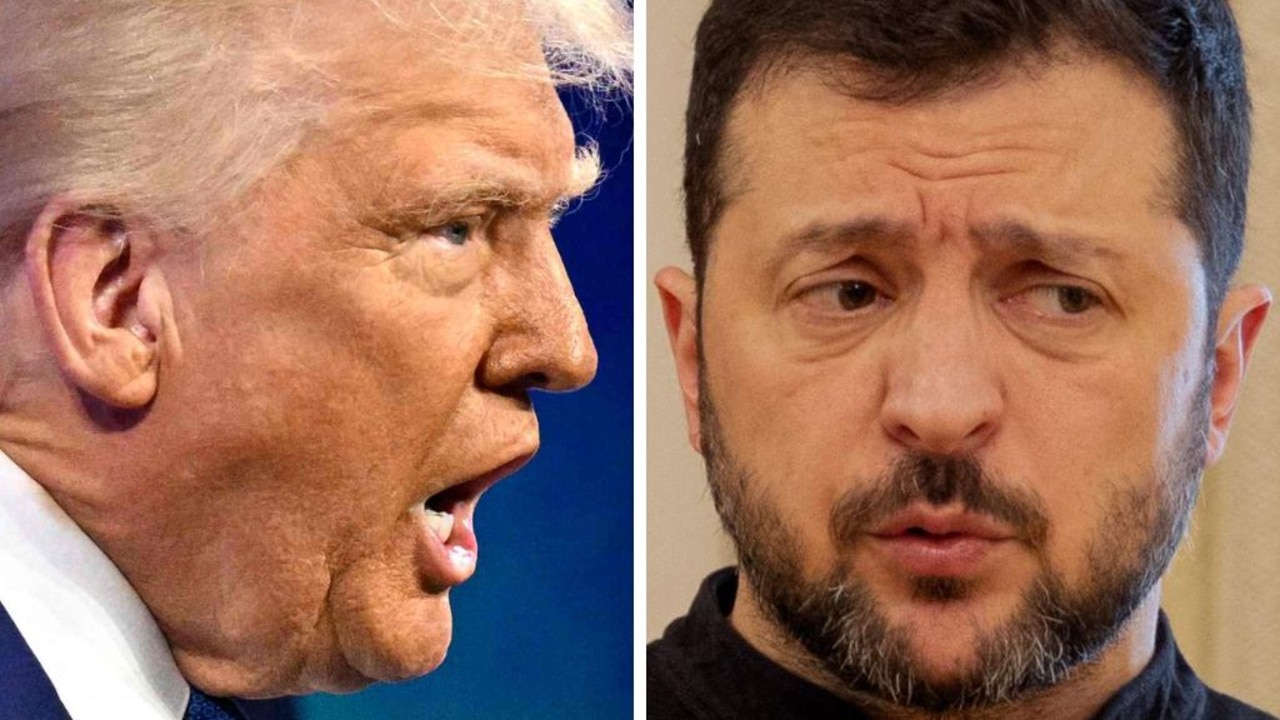Australia to slap tough sanctions on Chinese human rights abusers under 30-nation IPAC agreement
Parliamentarians from 30 nations, including Australia, have signed off on a blueprint to fight back against “coercion and intimidation from Beijing”.
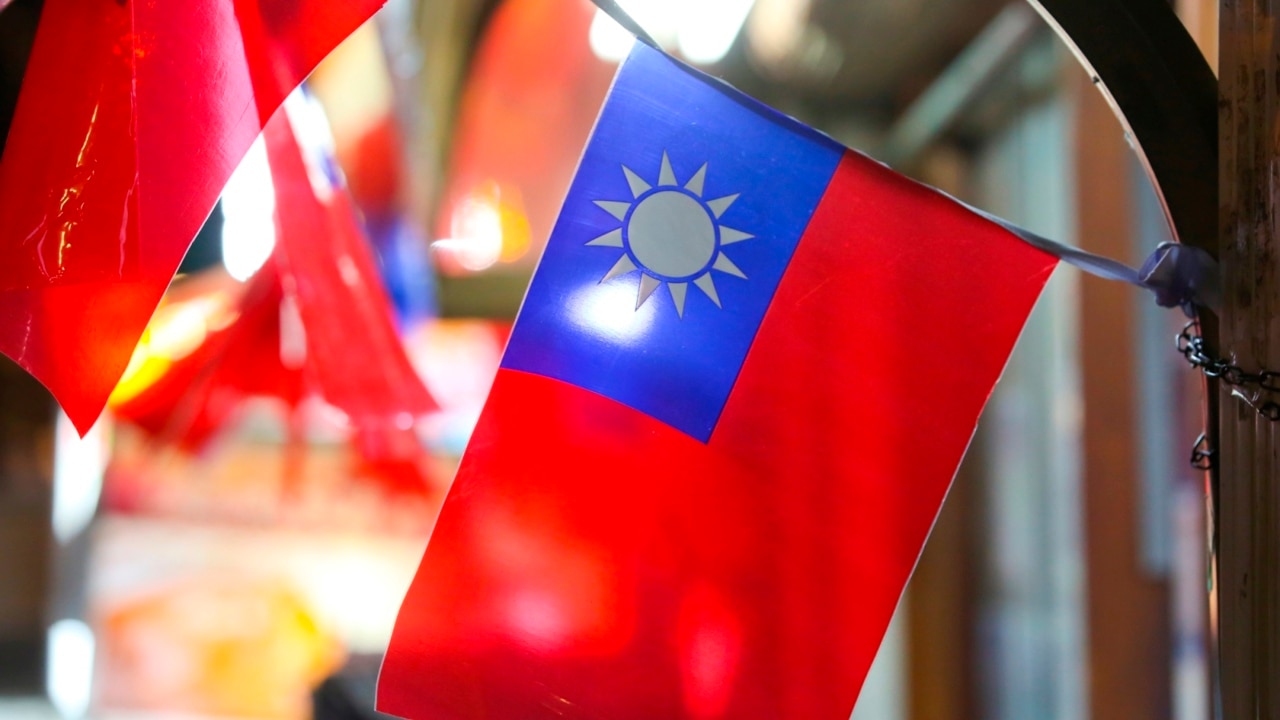
World
Don't miss out on the headlines from World. Followed categories will be added to My News.
Chinese government figures responsible for human rights abuses would be slapped with tough sanctions by Australia under a multinational action plan backed by senior federal MPs.
Members of the Inter-Parliamentary Alliance on China have also agreed to push their governments to consider economic sanctions on the Communist Party regime to deter military action in Taiwan.
And they plan to lead more foreign delegations to Taiwan, despite the Chinese government’s furious reaction to US House Speaker Nancy Pelosi’s trip last month.
IPAC’s members from 30 countries – including Labor MP Peter Khalil, the chair of Australia’s powerful parliamentary intelligence and security committee – signed off on the Beijing blueprint in Washington DC on Thursday.
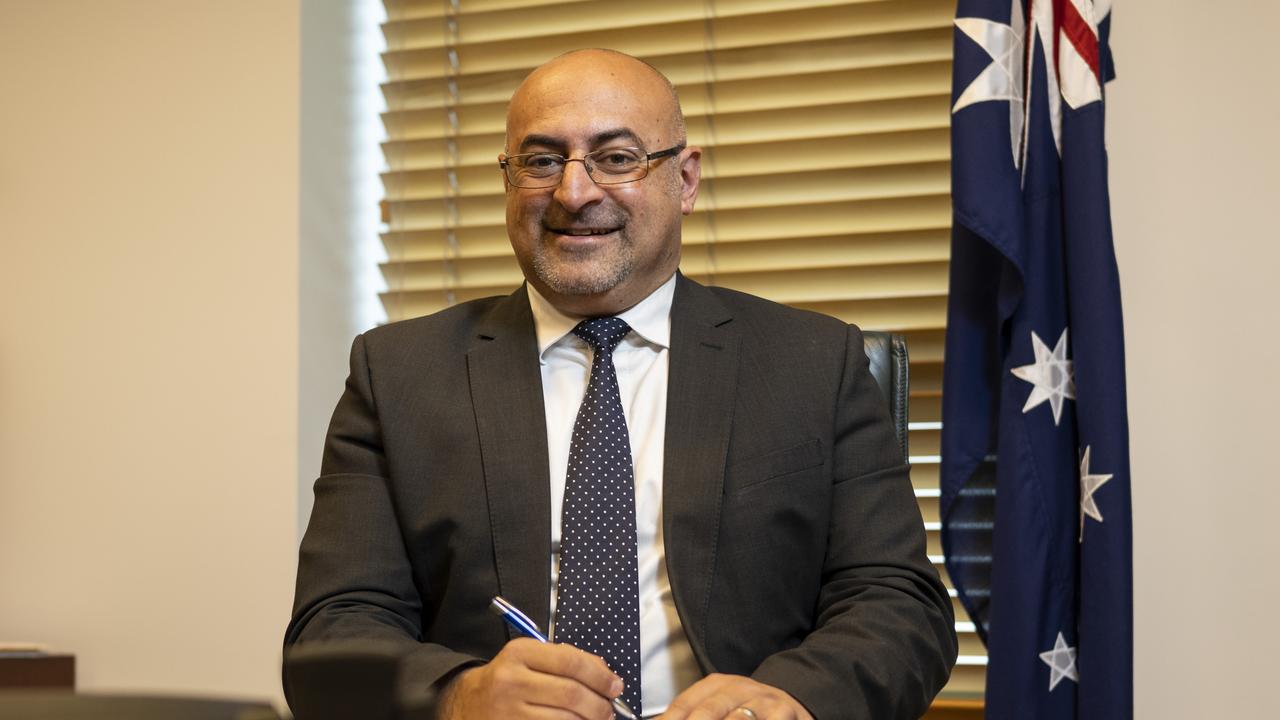
IPAC co-chair James Paterson, the Liberal spokesman for countering foreign interference, said it laid out “a clear pathway to help democracies resist coercion and intimidation from Beijing”.
“Only by acting together can we hope to preserve and maintain the values we hold so dear, and which were paid for by the sacrifices of previous generations,” Senator Paterson said.
“We leave the summit stronger than ever, determined to continue and deepen collaboration within this extraordinary network, and determined to implement this important communique in each of our countries.”
The Australian parliament last year passed laws for a Magnitsky-style sanctions regime that was driven by the late Labor senator Kimberley Kitching, who was one of IPAC’s founding members.
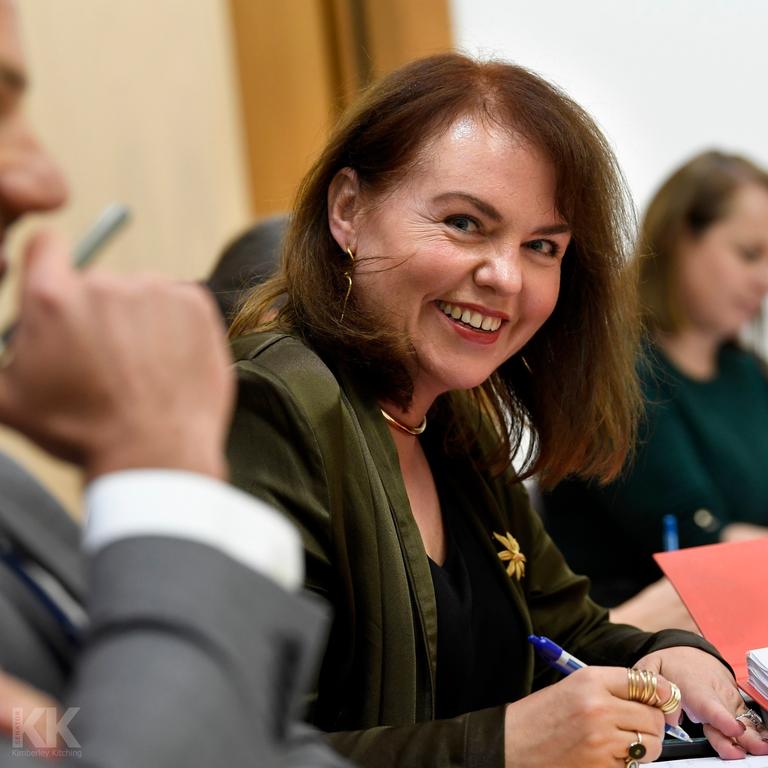
It enables the federal government to enforce travel bans and freeze the funds of perpetrators of human rights abuses.
The alliance’s members now want to use such sanctions in countries including Australia to hit Chinese officials and entities responsible for human rights abuses, including over “mass atrocity crimes” in the Uyghur region and Beijing’s clampdown on Hong Kong.
They also agreed at the Washington summit to push for sanctions on Chinese entities that were supporting Russia’s war machine in the Ukraine invasion.
On Taiwan, IPAC’s members said they would “campaign to ensure our governments signal to the (People’s Republic of China) that military aggression towards Taiwan will cost Beijing dearly”.
“Economic and political measures, including meaningful sanctions, should be considered to deter military escalation and to ensure trade and other exchanges with Taiwan continue unimpeded,” the summit communique said.
They also backed bringing Taiwan into appropriate trading blocs and striking bilateral trade deals, along with broader changes to create stronger supply chains that reduced the dependence of democratic nations on China for renewables, rare earths and medical supplies.
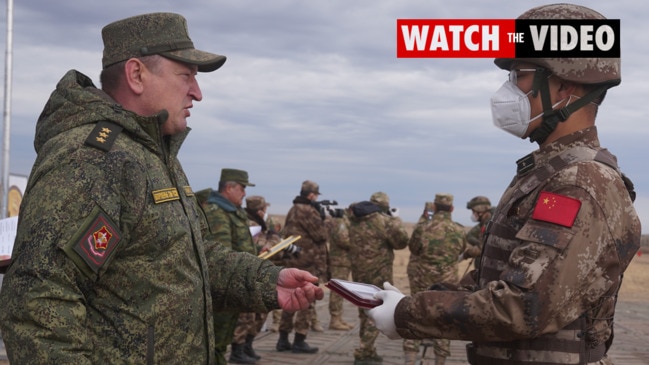
EARLIER: ‘NO ONE WANTS CONFLICT’
A multinational action plan to support Taiwan and diversify supply chains away from China is expected to be finalised on Thursday, with several Australian MPs helping lead the charge.
A bipartisan delegation of Australian politicians are among more than 60 legislators from 30 countries gathered in Washington DC for the Inter-Parliamentary Alliance on China (IPAC) summit.
IPAC has also been joined for the first time by a Ukrainian MP, with Oleksander Merezhko saying that “today more than ever, democracies should support each other in order to survive”.
The communique from the three-day summit is expected to map out co-ordinated global actions over the next year to respond to the Chinese Communist Party’s human rights violations and support Taiwan in the face of intensifying aggression.
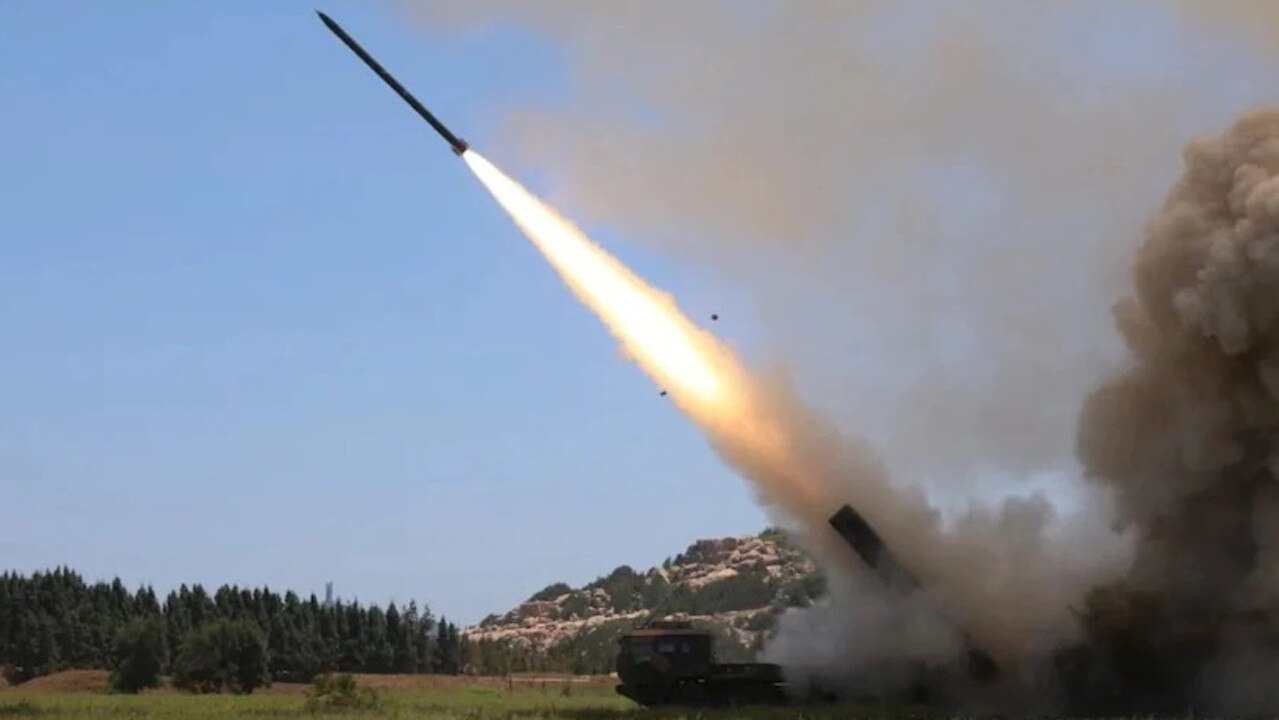
Opening the summit, IPAC co-chair and US Senator Marco Rubio said he believed there was “no way that we get to the end of this decade without something happening, one way or the other, with regard to Taiwan”.
“That is a moment which threatens to be a seminal moment in human history,” he said.
“It will be a moment that will steer the course of human events for generations.”
Labor MP Peter Khalil, a co-chair of IPAC and the head of Australia’s powerful parliamentary intelligence and security committee, said it was crucial to “bring the temperature down” around Taiwan.
“No one wants to see conflict … What we want is a peaceful pathway,” he said.
“Any evolution of Taiwan’s status has got to be peaceful through dialogue.”
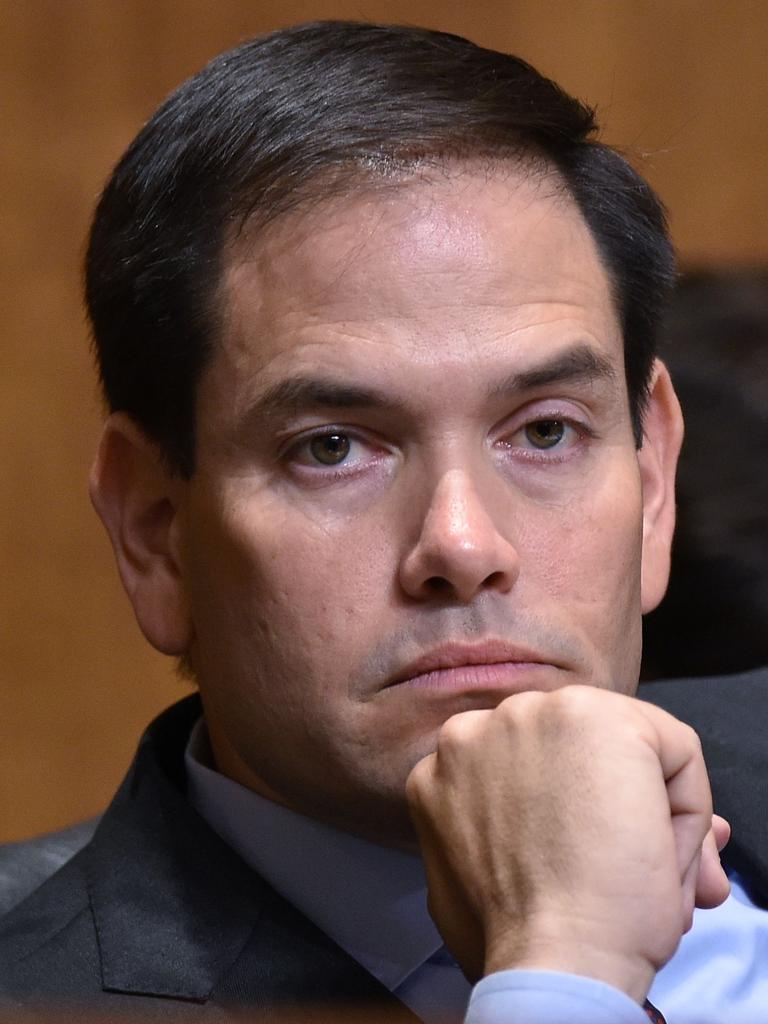
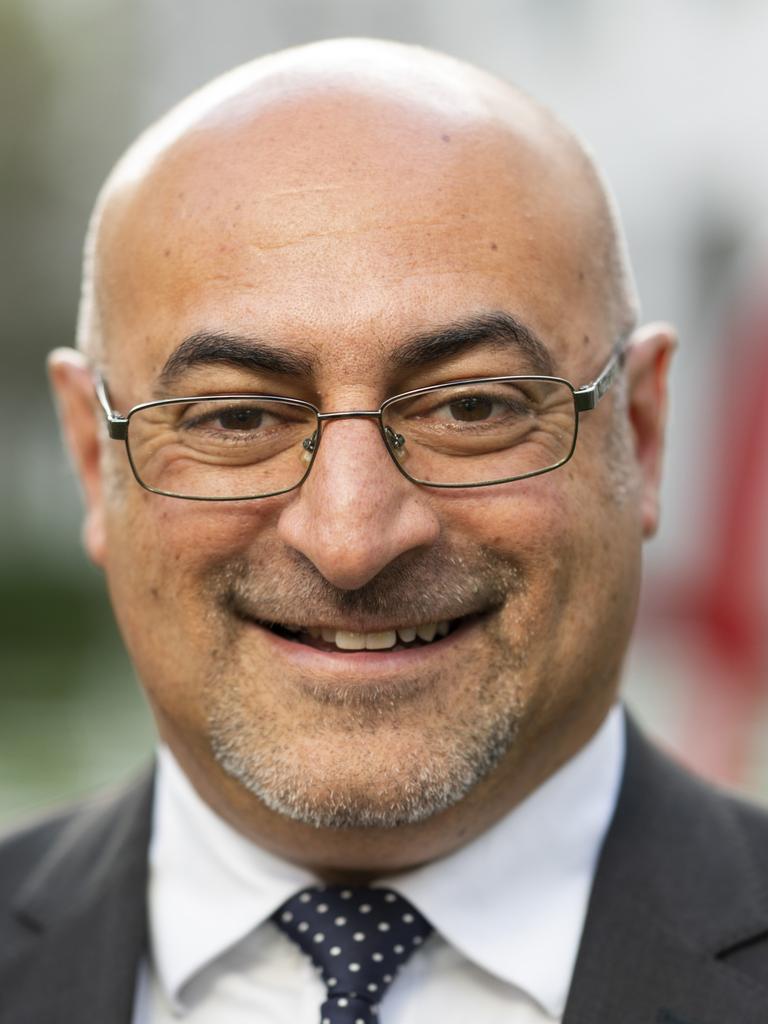
Senator Rubio said he believed the only way to stop the Chinese government taking Taiwan by force was if the costs of action were higher than the benefits.
He called on his IPAC colleagues to commit to diversifying supply chains so their nations were not so dependent on China.
Mr Khalil is attending the summit with Labor senator Deborah O’Neill, as well as Liberal frontbenchers Andrew Hastie and James Paterson.
He said IPAC played a crucial role in protecting common democratic values, warning Russia’s invasion of Ukraine was “very representative of the contest right before our eyes”.
“This is really a question about what kind of world we want to live in,” he said,
Mr Merezhko said China had not been “neutral” during the invasion of his country, accusing the Chinese government of financing Russia’s war machine and providing diplomatic support at the United Nations.
More Coverage
Originally published as Australia to slap tough sanctions on Chinese human rights abusers under 30-nation IPAC agreement


